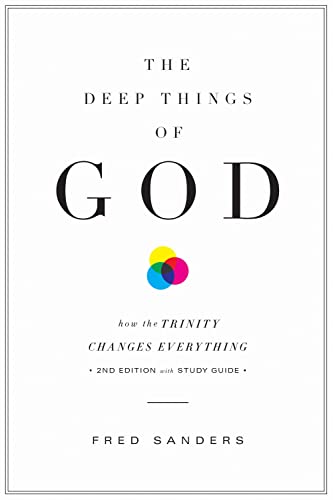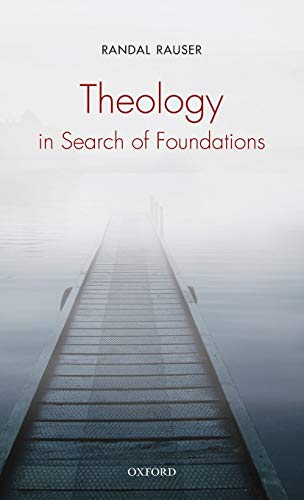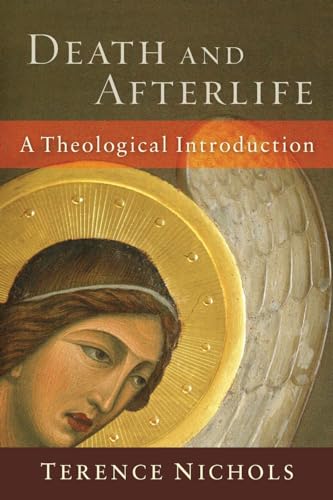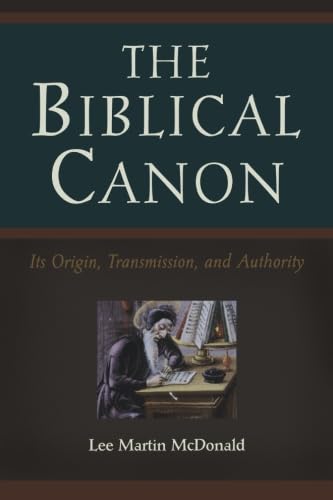Teaching the Faith, Forming the Faithful: A Biblical Vision for Education in the Church
Written by Gary A. Parrett and S. Steve Kang Reviewed By Daniel K. DarkoTeaching the Faith discusses the teaching ministry of the church from the perspective of professors at Gordon-Conwell Theological Seminary that are deeply involved in ministry and acutely aware of trends in local churches. It examines education and Christian formation in local churches and makes biblically grounded proposals for improvement and healthy growth. The content is divided into four parts to cover key aspects of the subject, namely, purpose (chs. 1–2), proclamation (chs. 3–5), people (chs. 6–9), and practices (chs. 10–14). Each chapter begins with a quotation, and ends with ‘hymns of contemplation and worship,’ ‘questions for planning and practice,’ and a list of ‘resources for further study.’ Subject and Scripture indexes are supplied at the end. The writing style, diagrams, and substance are very accessible and realistic for church-adoption. The main discussion is preceded by a foreword by J. I. Packer.
In part one, Parrett and Kang emphasize the need and lay out the purpose of teaching and formation in the church; the main rationale and telos must be to glorify God—to participate in God’s ministry of reconciliation in the already-not yet eschatological framework. They use Ephesians as the matrix to establish and clarify this objective. As the ‘poiēma of God,’ Paul urges the church to manifest its good deeds (flowing out of God’s gift of salvation) in bearing and obeying the gospel. The teaching ministry is primarily responsible for equipping and empowering the saints in this regard—to teach out of and unto obedience, conformity to Christ, salvation, to nurture faith, hope and love, and to edify the body of Christ (p. 49).
The second part addresses the content of proclamation and emphasizes that it should be rooted in Scripture, consistent with tradition and dynamic to meet changing needs. Building on the traditional core of the Apostles Creed, the Decalogue, and the Lord’s Prayer, the reader is challenged to impart the essentials of faith, which is the truth, the life and the way. The gospel is ‘the essential content for our ministries of teaching, nurturing and forming believers’ (p. 99). A church curriculum must therefore reflect the CORE (Comprehensive, Orthodox, Renewing Essentials). These essentials may be augmented with lessons on the history of the church, its distinctiveness, and other areas that may require treatment or attention.
Part three examines the composition and attributes of those who teach. It explores both OT and NT precedence to argue that educators and formative agents ought to include parents, laity, clergy, and all members of the church community. Pastors are encourage to spearhead this mission and deliberately include parents and other constituents. Parrett and Kang proceed to highlight essential attitudes and attributes for teachers to ensure effective delivery, good interaction, and productive results. ‘If the Gospel of Jesus Christ is to continue transforming our whole being, we want to seriously consider how best to design teaching-learning experiences where learners participate, utilizing all the ways of learning with which they are endowed by God’ (p. 251).
The fourth part examines the goal and effective strategies for education and Christian formation in great detail. According to Parrett and Kang, ‘to teach is to come alongside another, in the power of the Spirit and in the company of the faithful, to seek an encounter together with the truth: taking aim to perceive it more clearly, consider it more critically, embrace it more passionately, obey it more faithfully, and embody it with greater integrity’ (p. 277). This may be achieved, for example, by abandoning age segmented methods of teaching to embrace biblical models that engage children and promote holiness, righteousness, and obedience. Moreover, they accentuate the formative and didactic significance of worship and call for the need to give careful consideration to the place of Scripture, Christ, and Trinity in song-selections and preaching. The last chapter proposes and elaborates on seven key elements that need to be included in a local church curriculum: access, baptism, commitment, deepening and developing, engagement, follow-up, and grace. The conclusion expresses faith, hope, and optimism in the church’s ability to run effective education and formation ministry, anticipating that leaders will rise to the challenge.
This is a well-organized book in easy-to-read English. It aptly addresses the challenges and prospects of Christian education across denominational lines, though evangelical churches and leaders will find it more useful. It provides Bible-centered principles and challenges leaders to review their teaching ministry, content of worship, and goals for Christian formation. The authors comprehensively and insightfully assess how we approach education in the church. However, the size could be reduced substantially without significant effect on the key principles. I suggest that a concise version be published for pastors who are too busy to read a book of this size and yet too sluggish not to benefit from the rich insights it offers. I highly recommend it to pastors and seminary students as an indispensable tool and to Christian educators as a timely reminder to step up to our calling and service.
Daniel K. Darko
University of Scranton
Scranton, Pennsylvania, USA
Other Articles in this Issue
Most of our readers are theological students and pastors...
The Dazzling Darkness of God’s Triune Love: Introducing Evangelicals to the Theology of Hans Urs von Balthasar
by Stephen M. GarrettJürgen Moltmann observes that Christian theology and the Church face “a double crisis: the crisis of relevance and the crisis of identity...
Plots, Themes, and Responsibilities: The Search for a Center of Biblical Theology Reexamined
by Daniel J. BrendselIn the prolegomena to his “approach to biblical theology,” Charles H...
Since the mid-twentieth century biblical scholars have increasingly accepted that the texts of the Bible must be interpreted in terms of their literary genres...
The present age tends to regard polemics, theological controversies, and all-round doctrinal fisticuffs as, at best, a necessary evil, at worst, one of the most revolting aspects of Christianity...







